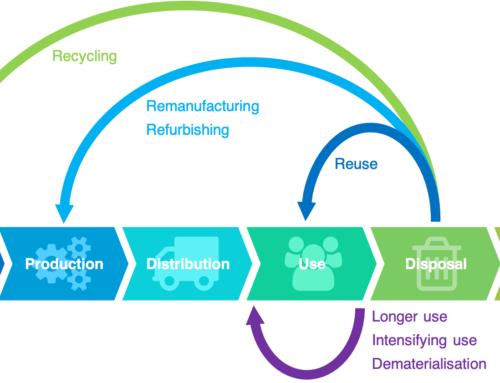Technology is a broad concept, but from the biggest international corporations to one-person start-ups across all sectors, every business relies on technology to succeed. Used well, technology can open up endless possibilities for growth, but used poorly; it can become an expensive complication which actually reduces a business’ efficiency. From your internal operations and communication to the way you interact with customers, process transactions or manage your budgets, technology can be the key to success or failure. If you’re yet to be convinced that technology has a place in your business, here are some examples of why technology is vital, no matter what your industry.
Communication
A business needs to be able to communicate effectively, clearly, and efficiently. This is true of your communication with customers, clients, suppliers and internally within your team. Modern technology has moved beyond phone and email during office hours and customers expect to be able to find answers to their queries at any time of day or night.
This means not only having an informative and intuitive website, but also the functionality to track deliveries or talk to a sales assistant via live chats. Streamlined communication improves customer satisfaction levels, which should lead to greater brand loyalty and repeat customers. Whether you’re a B2C or a B2B, an effective customer portal such as that offered by Weaveability for suppliers to communicate with their suppliers, for example, is essential.
Efficiency
One of our most important resources in business is time, and using technology is the most effective way to maximize your efficiency levels. From accounting software which can enable you to track cash flow, budgets and financial projections to warehouse inventory technology which can track stocks levels, you can redirect this time and effort to other areas of the business. Many businesses are also utilizing online conferencing services to hold virtual meetings to reduce the costs and time of having to travel to a physical meeting space.
Positive Workplace Culture
Technologies can also provide better workplace collaboration and messaging services to enable your employees to communicate and collaborate with ease. The nature of short instant messaging and document sharing reduces the need for emails when a simple yes or no answer will do. If different departments need to communicate but are located on different sites, it can lead to divisions and distrust if open communication is not promoted. The easier it is for your team to communicate, the less likely it is there will be misunderstandings which can be costly both operationally and in terms of motivation and positivity in the workplace.
Security
From the physical security of your premises, equipment, and stock to the security of your business’ sensitive information and customer data, technology provides an essential barrier which modern businesses can’t do without. Security systems for business premises should be designed to suit your needs, but you also need to consider cybersecurity. Criminals can access online data to hold businesses to ransom or steal funds or may exploit your customer data. These attacks can happen to businesses of any size, and in any industry, so you need to invest in adequate cybersecurity systems.











